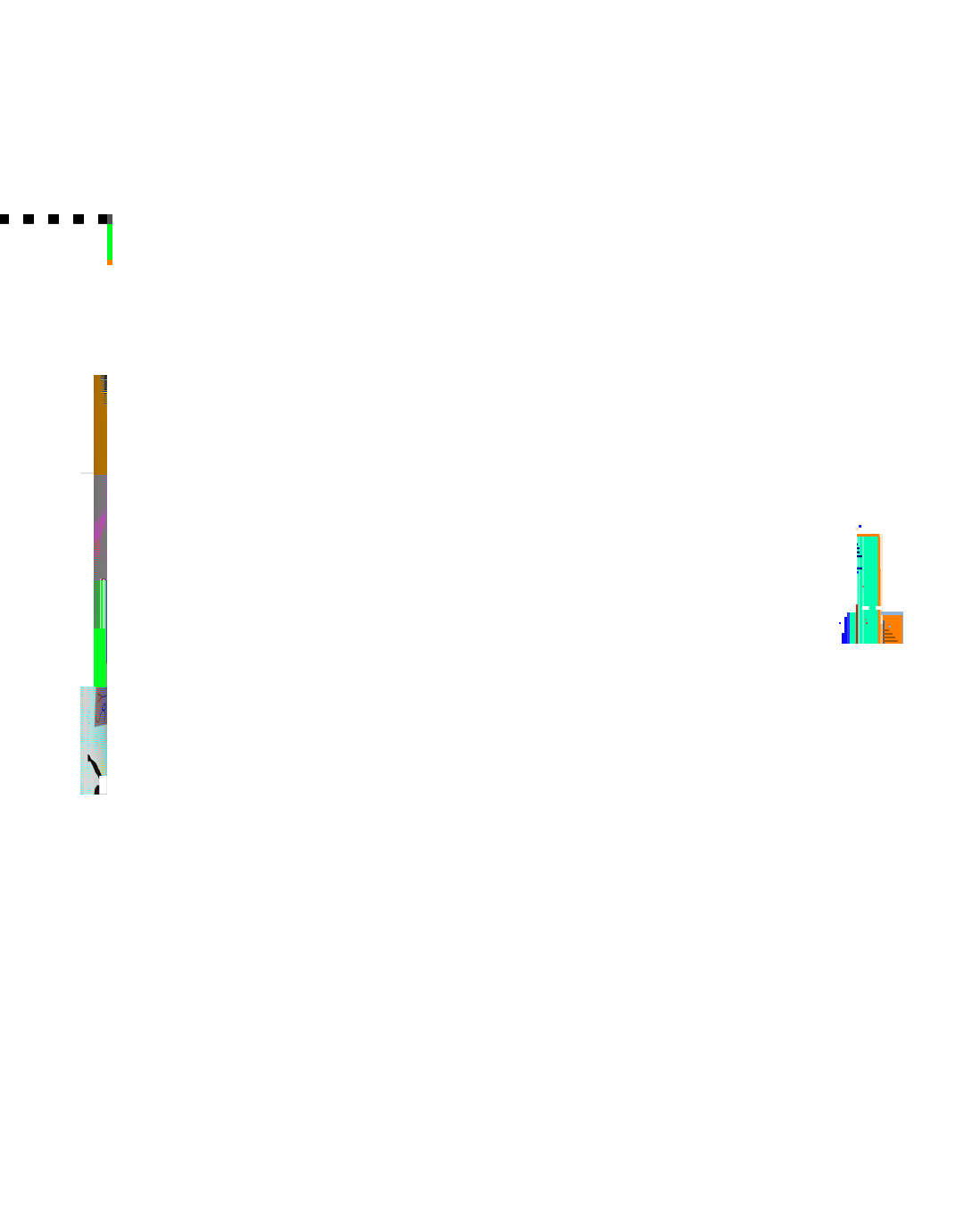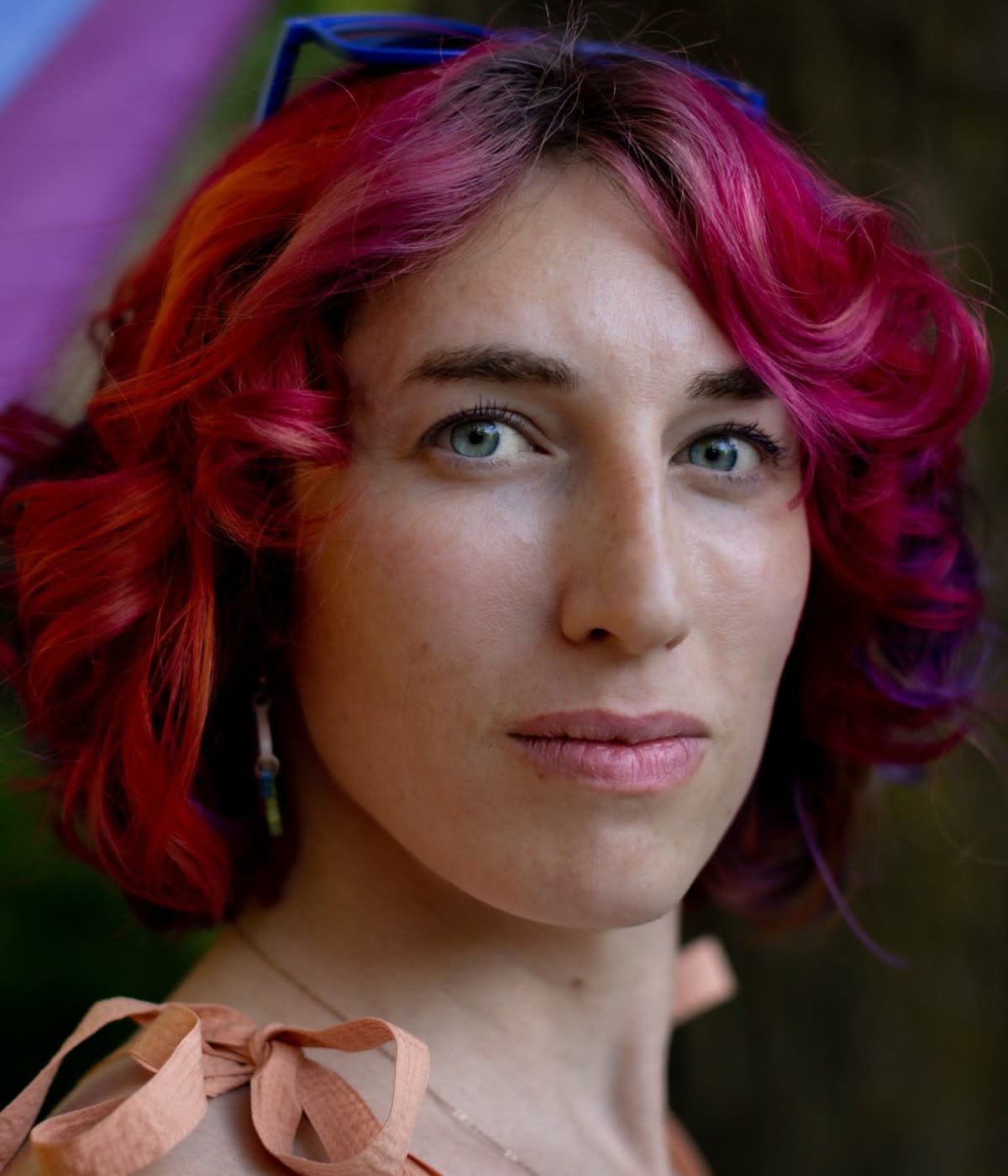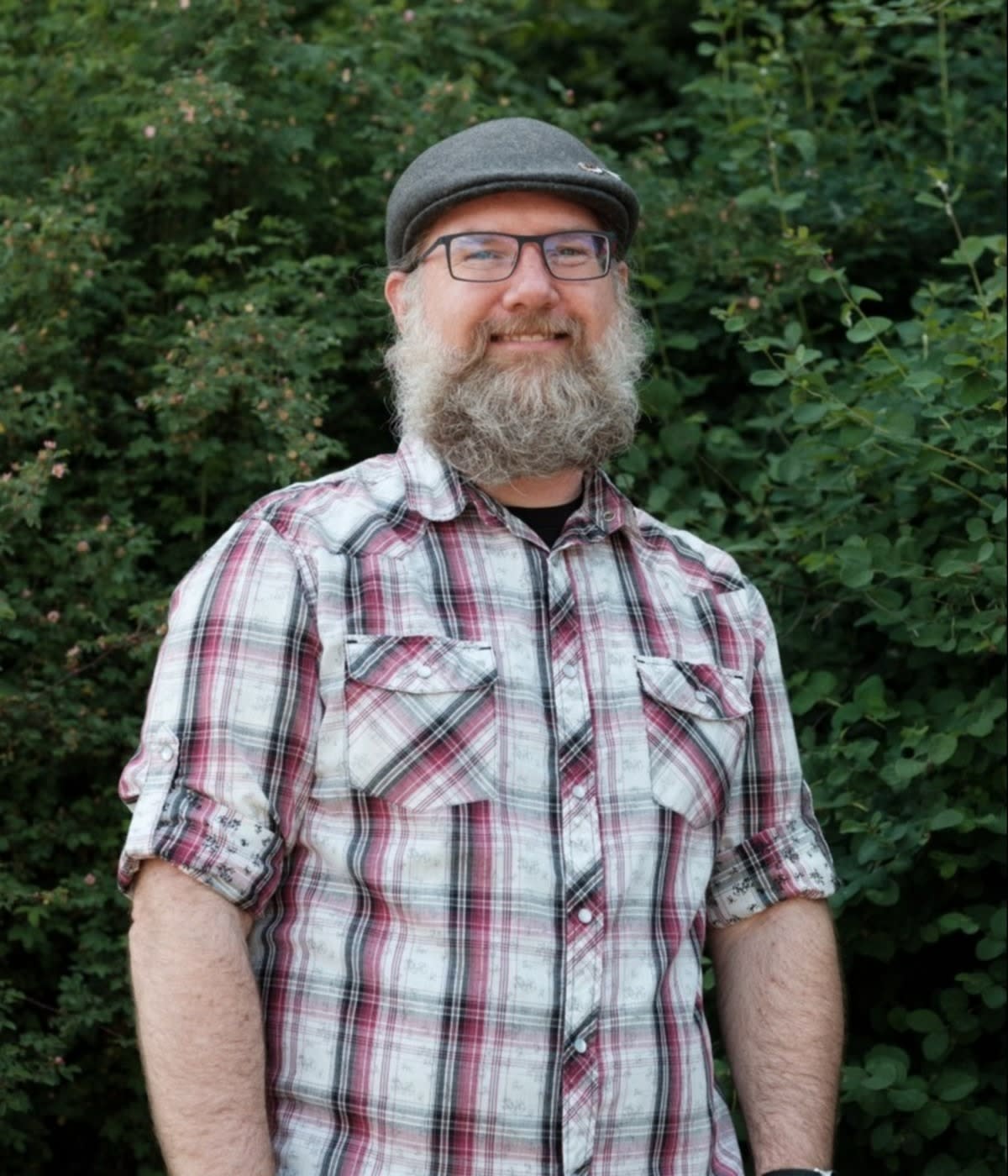I used to think you needed to be some kind of math genius to be an engineer—and that you had to be a software engineer to work in technology. But I was wrong. I’m an Army veteran with a degree in public administration and a minor in criminal justice. And I’m a community program manager at GitHub largely because I found people who believed in me.
I had two kids, a 90-pound dog, husband, and mortgage when I made a huge career change. It was a big leap of faith for me to quit my job, pack up my family, and ask my husband to take time off work so he could watch the kids when we moved 2,870 miles away from home.
But it’s never too late to be who you’re supposed to be. I don’t care how old you are. If you want to be here, you belong here. You, too, can learn and be part of this. A lot of it is about community. And a lot of it is about open source and the kinds of resources available to those who need them. That’s part of why I admire Quincy Larson and freeCodeCamp: They help people go from just getting by to making a competitive salary and doing something they love in the tech industry. You can change lives when you offer free resources like that.
When I got out of the military, I honestly didn’t know this world was even a possibility. All of a sudden, you leave that secure environment and have no housing, no food, and no insurance. So it was such a relief to find something that I really felt good about. Something I could believe in, succeed at, and support my family with.

Giving back and finding something bigger than herself
I moved from Colombia, South America to the United States when I was 17 to live with my parents and brother in New York. Four months in, I was at LaGuardia Community College taking ESL classes when I connected with a recruiter for the Army. He was from Puerto Rico and shared his experience with me in Spanish.
I felt inspired to follow in his footsteps and join. My brother and I grew up in a developing country with no opportunities, no future, and no college plans. Then we dropped into this shiny, bright city. I felt like one of us had to give back. My brother was 12, so it was my responsibility. The recruiter told me I would have to pass a physical and a few tests, and I was nervous because my English wasn’t so good. But he told me to try; he had a similar story and said the country had given him so much.
To be honest, I didn’t know what I was getting into. But I started running for the first time in my life. My friends and family in Colombia couldn’t believe it. They said, “No way. You spend an hour doing your nails. You’re not joining the Army.” But I said I was going to do it, so I did. Even my mom didn’t believe it herself, until she signed the papers (I was still 17).
I loved being a part of something bigger than me. I attended college while on active duty at night, and on weekends, taking tests from the field—and it was very challenging. The Army is not just a job. When you’re in it, it’s your life. I’ll always be grateful as the Army paid for my education, and made me the person I am today.
Going from squad leader to potluck-attender
I joined the Army during my formative years and became extremely disciplined. I quickly moved up the ranks and became a really good non-commissioned officer (NCO). I led my squad and had my platoon and my responsibilities. I wasn’t even 21 and people who were older than me depended on me, which was mind-blowing. It builds character and makes you tough.
Unless you had a very specific job in the military, it’s very hard to transition back to civilian life and figure out what you want to do. If you were a helicopter mechanic and you still wanted to do that when you got out, you could likely continue that career. But there are other jobs that you might not want to, or be able to, continue in your civilian life.
While I struggled with the transition, one advantage I did have was that when I left the military, I had a semester left at school and was able to start working with defense contractors in the area. Even though I was on the other side as a civilian, I was still in the military mindset. We all had the same kind of attitude and approach. The same kind of hardness.
When I got my first real job outside of a military base, it was difficult. You can’t raise your voice when orders aren’t followed. You can’t walk into a room and expect everyone to stop what they’re doing because you’re the ranking NCO. Potlucks were so strange. And getting dressed? I literally had no idea what to wear. It’s little things like that, when you’re transitioning, that nobody really understands unless you’ve been in Active Duty.

Seeking out a community and finding her people
While working as a construction manager in Orlando, I accidentally stumbled into the technology world. I had just had my second child, but we lived nowhere near family and I didn’t have maternity leave, so I brought my infant with me to the office. I felt very alone, and decided to try to create something for professional women who went back to work with their kids. I wanted to find my people, and saw this as an opportunity to connect and create a community.
I figured I’d just slap together a website in a weekend, but I vastly underestimated the amount of brilliance required to do most of it. So I opened a GitHub account, got onto freeCodeCamp, and started doing the courses during lunch breaks. It was like a dream. The platform I started on is very different from today’s platform, but it was still such an incredible resource, even then. I think I’ve always had the mind of a developer because the one common denominator in every job I’ve held is that I try to find the easiest way to do everything. Automation is my favorite.
I got super into Android, and for a while, I was all about applications. I just loved writing code. I also loved knowing things so I could help other coders who were stuck. I’m big on community and support, so I decided I wanted to help people and give back.
Then I came across Operation Code, an organization that helps veterans and their spouses transitioning out of the military, or looking for a career switch. I instantly found camaraderie that I hadn’t felt since the Army; like the people you work with are your family. They understand the 20,000 acronyms you say regularly. They stand at attention during the National Anthem. These are things that I cannot unlearn, and I think everyone that serves takes these bits of the Army with them.

From Florida to San Francisco and back
I started helping out and volunteering where I could with the community. Then one day, I learned about an apprenticeship opportunity. I wasn’t told the company’s name, but I was told it was a “career-changer” based in San Francisco. At this point, I have two kids, a large goldendoodle, and a husband. But the people around me believed in me enough to share it with me, so I applied. It was at GitHub—and I got it. That encouraged me to continue to try and open doors and windows for as many more people as possible.
We moved from Florida to San Francisco for four months, and life changing does not even begin to explain the experience. That was my gateway. After that, companies that wouldn’t have looked twice at someone without a computer science degree replied to my calls.
After GitHub, we moved back to Florida and I worked with the Spanish tech company Odilo. They have a really strong mission to democratize learning, and their primary U.S. client is public libraries. When I first moved to the states, libraries were my happy place. I was an immigrant with very little English and those places had ESL classes and free books. It was like a second home.
I was happy there. But then I saw an open full-time remote role at GitHub and applied. And I couldn’t believe it, but I got it! I started as a community support specialist and recently got promoted to a program manager. I’ve been with GitHub for a little over two years.
Building communities everywhere she goes
At Operation Code, I helped moderate and create a community for non-binary, female-identifying folks. We call it “The Future Is,” and it was so exciting, albeit challenging, to build. There are actually a lot of similarities between being a woman who’s a veteran and being a woman in tech. You almost feel both worlds are dominated by folks that are not like you. It started with just two or three of us, and now we have over 70 members. I love that I got to feel connected to that life again, and I learned a lot from being in that community.
At GitHub, I’m one of the leads of the Octogatos, an employee resource group for the Latinx community, and it’s so powerful. One of the reasons I do this is because I am extremely grateful for the people that took a chance on me. So anytime I’m able, I lift up someone else, or give them a gentle push to do something outside their comfort zone.
Now, when I go back to Colombia, it’s so important for me to preach the gospel of opportunity. I think, “Look at me. I came from this place, and now I work for GitHub. Everyone here is capable of that, too. They just have to work hard and find a supportive community.” You can learn so much from the community, and lean on them to help you achieve your goals—and once you have, don’t forget to give back.




